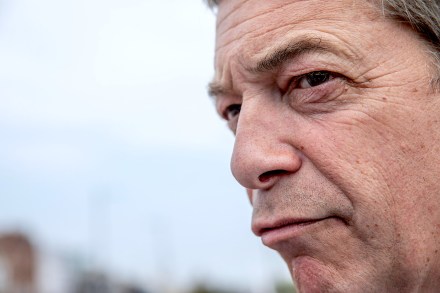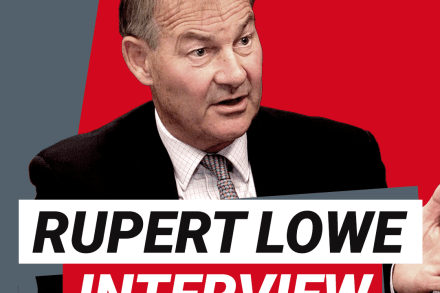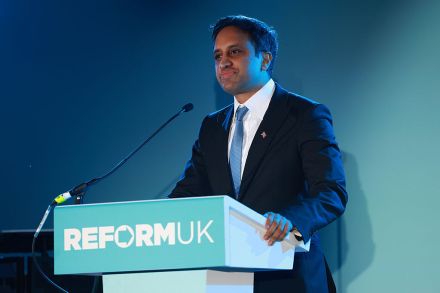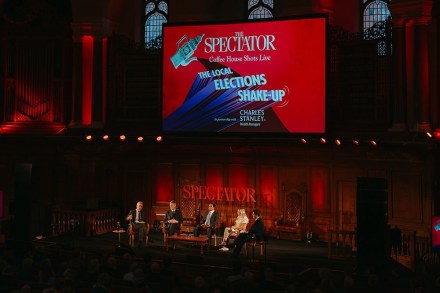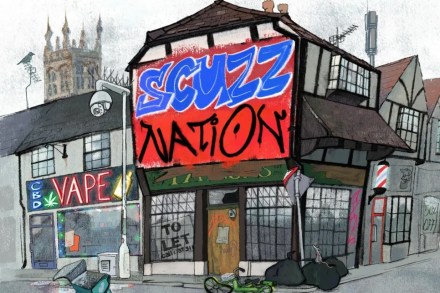Vance & Farage's budding bromance
16 min listen
Nigel Farage hosted a press conference today as part of Reform’s summer crime campaign ‘Britain is lawless’. He unveiled the latest Tory defector: Leicestershire’s Police & Crime Commissioner Rupert Matthews. Amidst all the noise of whether crime in the UK is falling or not, plus the impact of migration on crime, is Reform’s messaging cutting through? Would US Vice President agree with Farage’s message that Britain is lawless? Vance is in the UK, staying in the Cotswolds, as part of his summer holiday. Tim Shipman and Lucy Dunn are joined by James Orr, associate professor at Cambridge University, and a friend of Vance’s to talk us through the dynamics between





